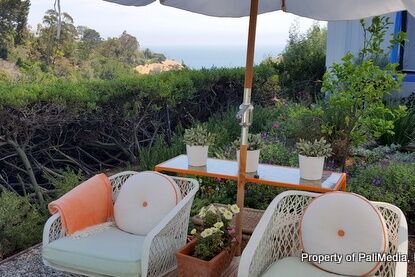La Campeóna del Salud: Aida Giachello
Growing up in poverty in Puerto Rico, Dr. Aida Giachello, who has a doctorate in medical sociology, witnessed the health conditions that kept Latinos from moving ahead: diabetes, asthma, obesity and lack of insurance. But years later, while doing social research at Northwestern University, Giachello learned that the barriers getting in the way of success went far beyond health concerns. “Issues of low education, poverty, poor housing, unemployment, racism and sexism were rampant,” says Giachello. But few knew how to remedy the social ills.
Wanting to gather accurate information, Giachello founded the Midwest Latino Health Research, Training and Policy Center at the University of Illinois at Chicago in 1993. “I searched for new facts that would help us understand the Latino reality and then tried to do something about it,” she says. “Only the collective work of Latinos could begin to change their negative image in the U.S.”
As the center’s director, Giachello worked closely with ordinary people in the community. She sat in on meetings with middle-aged immigrants, where they were advised on everything from blood sugar management and exercise goals to how many tortillas to eat per day.
Over time, she developed innovative models to educate people in the prevention and management of chronic diseases, many of which have been adopted internationally. She also trains Latino and other minority researchers and health workers in the U.S. and Latin America. This way, “community leaders and organizations can advocate effectively for their health and social well-being,” says Giachello.
Giachello is using her research findings to bring about policies that would end the disproportionate ills Latinos have endured. “There is so much talent, and few have the opportunities to maximize their potential.”











